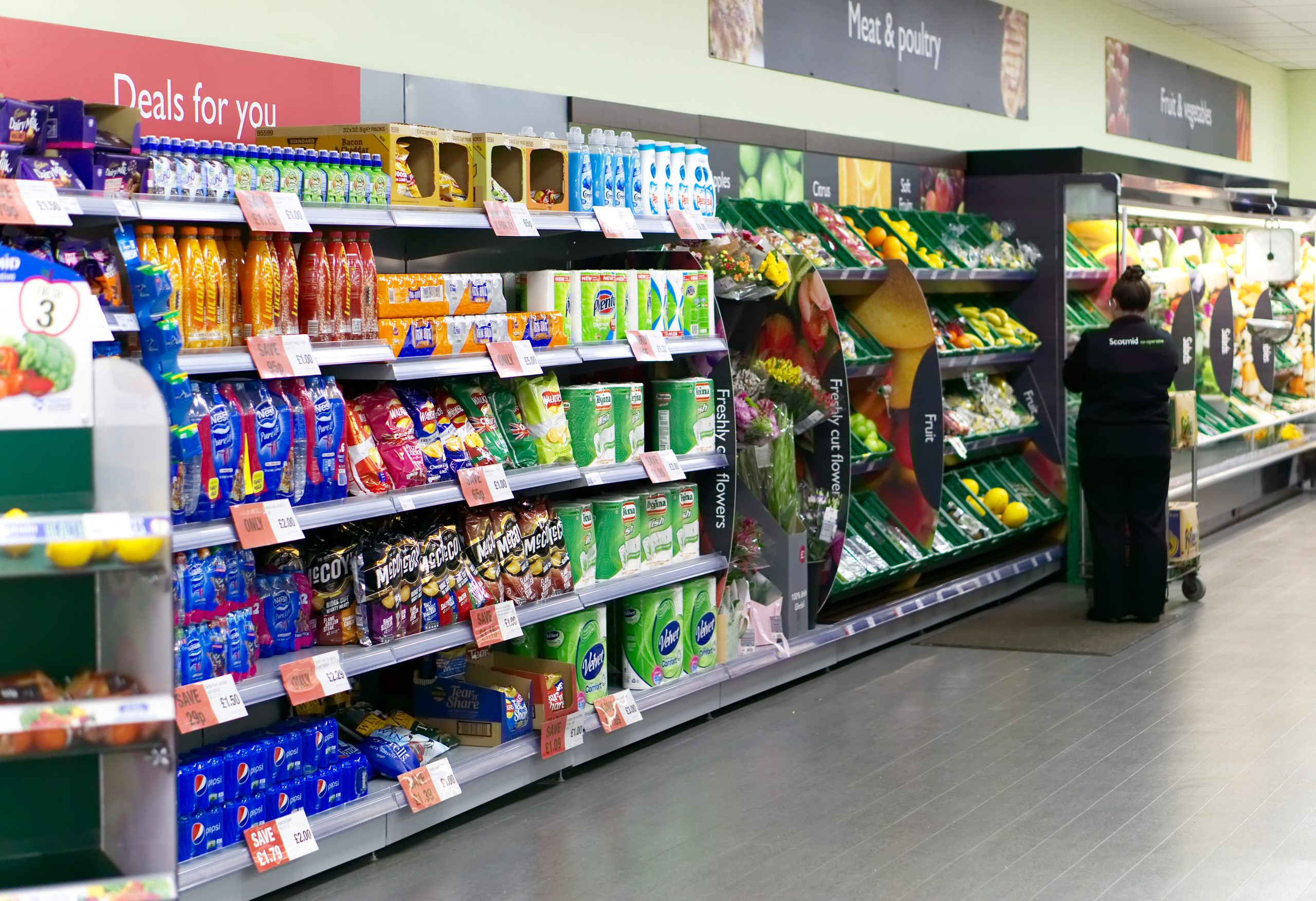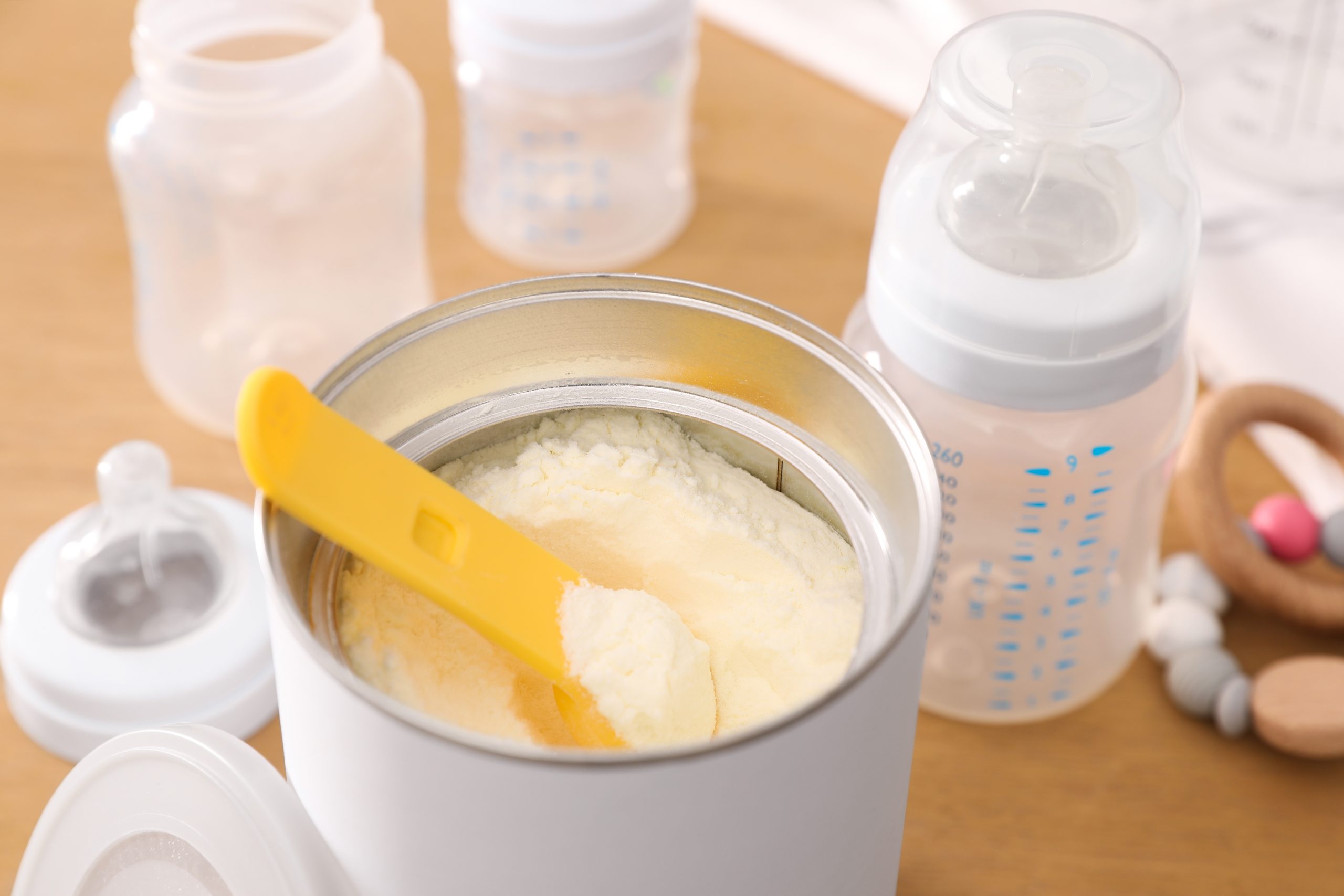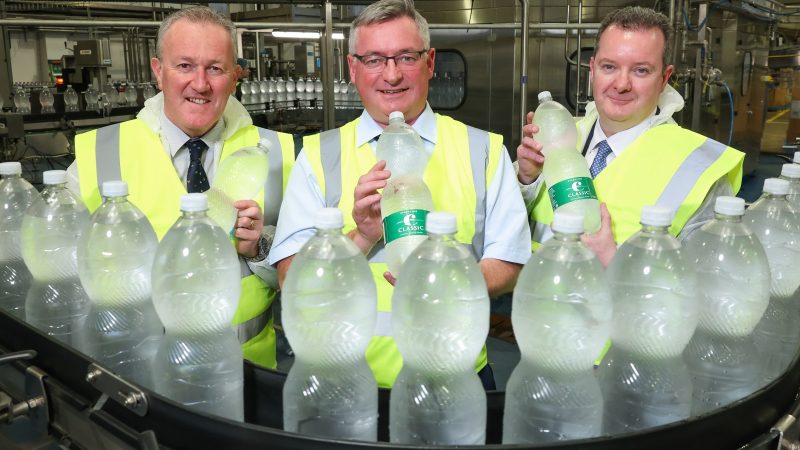Suppliers pushed up prices by more than their costs increased: CMA

Over the last two years, approximately three-quarters of branded suppliers have pushed up prices by more than their costs increased, and subsequently contributed to higher food price inflation.
Setting out its latest findings and the next steps in its ongoing review of the groceries sector, the Competition and Markets Authority (CMA) said it would also launch a review of loyalty scheme pricing by supermarkets, considering its impact on consumers and competition in the groceries sector.
Food price inflation continues to be at historically high levels, despite falling to 10.1% in October 2023. Across the food and groceries sector, the CMA found that high inflation has been driven largely by rising input costs, particularly for energy and key agricultural inputs, like fertiliser.
However, the evidence collected by the CMA indicates that over the last two years, around three-quarters of branded suppliers in products such as infant formula, baked beans, mayonnaise and pet food have increased their unit profitability and, in doing so, have contributed to higher food price inflation.
Overall profit margins have fallen across most branded manufacturers since 2021, mainly because of a fall in sale volumes due to consumers switching to cheaper alternatives.
‘DIFFERENT DYNAMICS’
The CMA also heard from leading brands that they are aiming to use any future reductions in their input costs to offer customers more promotions, rather than cut the standard price they charge supermarkets for their products.
Baby formula is a product category where different dynamics seem to apply. The prices for baby formula in the UK have risen by 25% over the past two years.
Similar to other products the CMA examined, evidence suggests that branded suppliers of baby formula have also increased their prices by more than their input costs. On top of this, the market is highly concentrated (two firms have around 85% of the market share) and brands have maintained high profit margins over the last two years.
Unlike other products examined, there is little evidence of parents switching to cheaper branded options as prices have risen and very limited availability of own-brand alternatives.

The CMA added that it plans to begin a review of the use of loyalty scheme pricing by supermarkets in early 2024, and will consider how the growth in loyalty scheme pricing is affecting customers and competition in the grocery sector.
Sarah Cardell, Chief Executive of the CMA said that with food price inflation putting a huge strain on household budgets, it is vital competition issues are not adding to the problem.
“While in most cases the leading brands have raised prices more than their own cost increases, own-label products are generally providing cheaper alternatives,” she said.
Responding to the CMA’s report, the British Retail Consortium said it confirmed many of its own findings about the sector.
“While many branded manufacturers had increased their unit profitability during the cost-of-living crisis, savvy consumers have been trading down to supermarket own-label brands in order to get the best possible value,” said Andrew Opie, Director of Food and Sustainability at BRC.
“Retailers will continue to deliver excellent value for their customers. Whether it’s everyday low value, or genuine bargains through loyalty schemes discounts, retailers know they have to demonstrate clear value to get customers through their door.
“However, this continues to be challenged by rising costs, from hundreds of millions in additional business rates, to higher labour costs from the rising NLW.”







